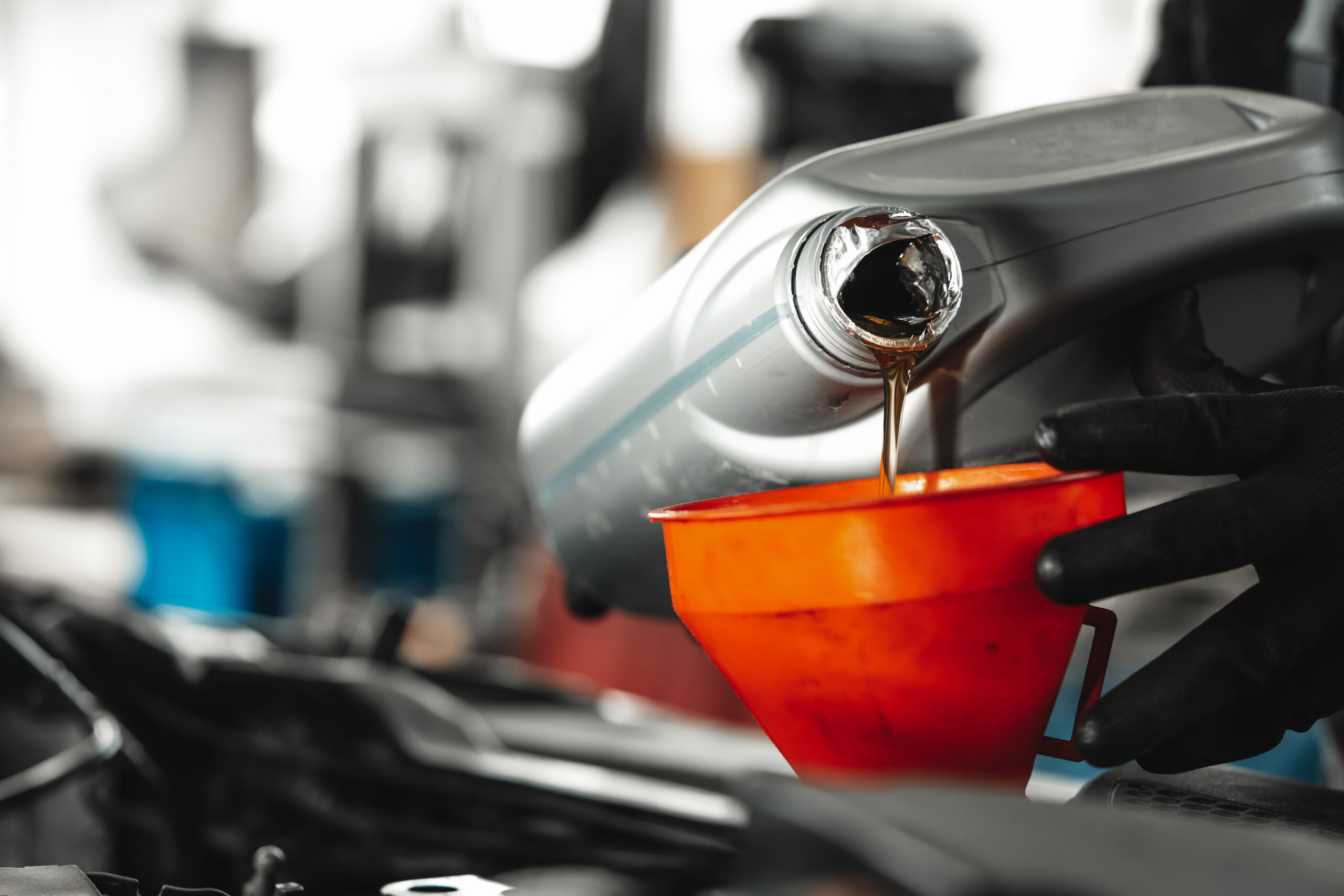Changing your car’s oil is one of the simplest yet most essential forms of vehicle maintenance. Motor oil serves as the lifeblood of your engine, keeping all its components running smoothly and efficiently. Over time, oil breaks down, becomes contaminated with dirt and debris, and loses its ability to lubricate properly. That’s why regular oil changes are critical to keeping your engine in peak condition and prolonging the life of your vehicle.
Why Oil Changes Matter
Oil plays several crucial roles in your car’s engine. It lubricates moving parts, reduces friction, helps to cool the engine, and carries away harmful contaminants and particles. Clean oil allows the engine to function smoothly, while dirty or old oil can have the opposite effect, leading to increased wear and tear.
Fresh oil also helps to maintain fuel efficiency. When your engine is properly lubricated, it doesn’t have to work as hard, which means it uses less fuel. Additionally, clean oil helps to reduce harmful emissions, making your vehicle more environmentally friendly.
Most experts recommend changing your oil every 3,000 to 5,000 miles, though this can vary based on the type of vehicle you drive, the oil you use, and your driving habits. Always refer to your vehicle’s owner’s manual for specific guidelines.
What Happens If You Don’t Change Your Oil on Time?
Failing to change your oil regularly can lead to a variety of serious—and expensive—problems. Here are some of the consequences you might face:
- Engine Wear and Tear Increases
Without fresh oil, engine components begin to grind against each other, causing premature wear and tear. - Engine Overheating
Old oil loses its ability to regulate temperature. As friction increases, so does heat, which can lead to overheating and damage. - Oil Sludge Build-Up
Dirt and debris accumulate in old oil, turning it into sludge. This sludge can block oil passages and starve parts of the engine of lubrication. - Decreased Performance
Your vehicle may feel sluggish or unresponsive due to the engine not running efficiently. - Reduced Fuel Efficiency
Dirty oil makes the engine work harder, leading to increased fuel consumption. - Engine Failure
In the worst-case scenario, ignoring oil changes can cause your engine to seize completely, potentially leading to thousands of dollars in repairs or even requiring a full engine replacement.
Final Thoughts
Regular oil changes are a small investment that can save you from costly repairs down the road. They help maintain engine performance, improve fuel economy, reduce emissions, and extend the life of your vehicle. Skipping this crucial maintenance step can lead to serious consequences and significantly shorten your car’s lifespan. So the next time your oil change is due, don’t put it off—it’s one of the easiest ways to protect your vehicle and your wallet.



Comments are closed